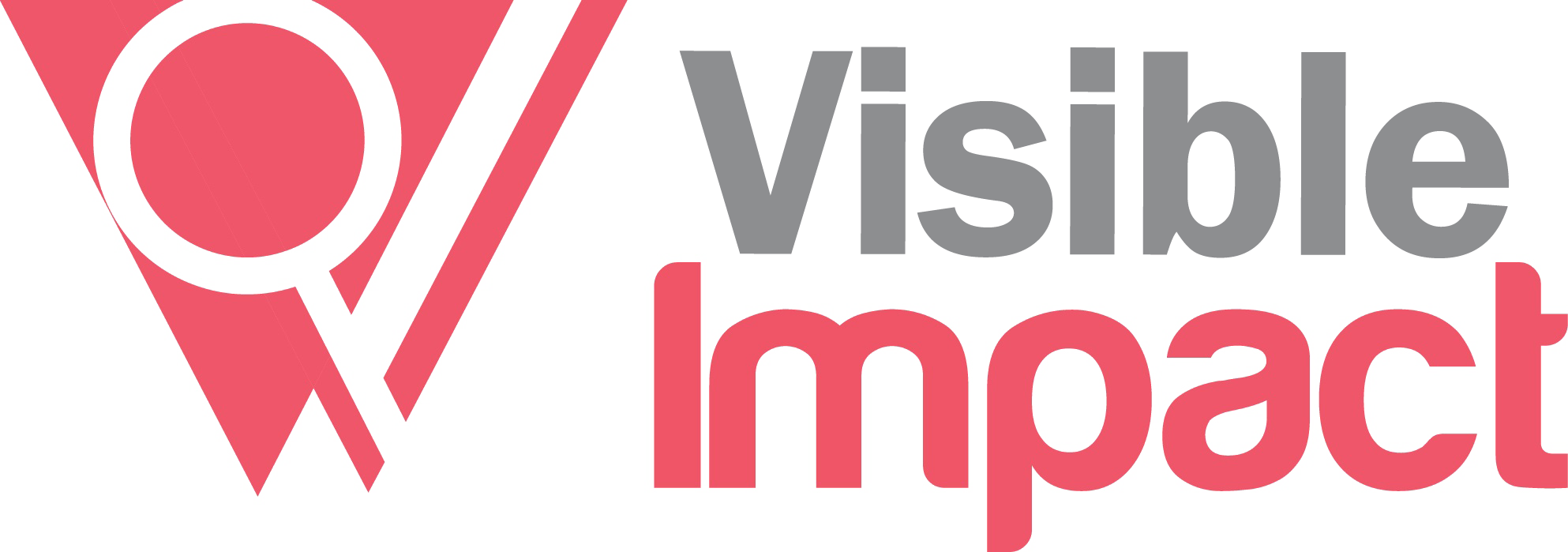"Menstruation and Men"
In many communities, menstruation remains shrouded in silence, perpetuating myths, and reinforcing cultural taboos. Women and girls face numerous challenges when it comes to managing their menstrual cycles, particularly in rural areas where lack of access to proper infrastructure and prevailing gender inequality compound the issues. Menstrual hygiene becomes a matter of secrecy, compromising women's health and perpetuating stigma. However, addressing these challenges requires a collective effort involving both menstruators and non-menstruators, especially men. By breaking barriers and fostering support, we can work towards creating a more inclusive and understanding society.
Men who can watch movies with the scene full of fight and blood but when it comes to seeing menstrual blood even in the screen, they turn their face or look elsewhere. Gender inequality plays a significant role in silencing menstrual topics and neglecting menstrual hygiene needs. Unequal power dynamics between men and women result in the suppression of women's voices and limited decision-making within households, communities, and development programs. The Flagship State of World Population Report 2021 launched by UNFPA, titled 'My Body is My Own,' sheds light on the concept of bodily autonomy. Shockingly, almost half of women in 57 developing countries do not possess the right to make decisions about their own bodies, including healthcare choices, contraception, and even their sexuality. In some countries, only 55% of women have the freedom to make decisions regarding their own healthcare and related services. These data highlight the prevailing influence of men as decision-makers, leaving women dependent on their advice for health matters and other issues.
Menstruation is often surrounded by cultural taboos, stigma, and shame. Some societies perceive menstrual blood and menstruating women as impure, leading to exclusion from social, educational, productive, and religious activities. In rural areas, women and girls lack proper water and sanitation facilities during menstruation, limiting their participation in daily life. To address the practical and strategic needs of menstruators, comprehensive programs must target both menstruators and non-menstruators, addressing misconceptions and fostering inclusivity.
Menstruation poses unique challenges for school-going girls in rural areas. Lack of adequate water and sanitation facilities, limited access to menstrual hygiene materials, and inadequate support systems hinder their educational journey. Fear of teasing and bullying by boys contributes to diminished self-esteem among girls. The reluctance to discuss menstruation with boys, whether due to shyness or perceived irrelevance, further perpetuates the issue. To create a less stigmatizing environment, boys and male teachers in schools need to be informed, confident, and actively involved in conversations surrounding menstruation, menstrual hygiene management, and menstrual products.
Gender equality necessitates partnership and involvement of both males and females, making it essential to engage men and boys in discussions about menstruation. Men can contribute as brothers, fathers, uncles, cousins, and teachers, playing a vital role in challenging taboos and supporting women and girls. While initially, it may feel awkward, to understand menstruation and menstrual hygiene practices but gradually it empowers men to take action. Advocating for clean and private toilets, fostering a period-positive environment among students, communicating empathy rather than shame, and even participating in activities such as making pads for women are ways men can contribute. It is crucial to ensure that decision-making power regarding health issues is given to women themselves.
Through training programs, men can gain knowledge about breaking menstrual taboos and understanding the importance of proper sanitation facilities and menstrual hygiene products. Men and boys can play supportive roles in various domains, including households, communities, schools, and workplaces, influencing women's and girls' experiences and approaches to menstrual health management.
Addressing the challenges and stigma surrounding menstruation requires a collective effort that includes both men and women. Menstruation should not be viewed as solely a women's issue; it concerns everyone in society. By breaking taboos, fostering support, and involving men in conversations about menstruation, we can create a more inclusive, empathetic, and supportive environment. Let us challenge gender inequality, dispel myths, and create spaces where menstrual health is prioritized and celebrated. Together, we can empower women and girls, improve access to proper infrastructure and resources, and build a future where menstruation is normalized, understood, and respected by all.
“Together We Can”
